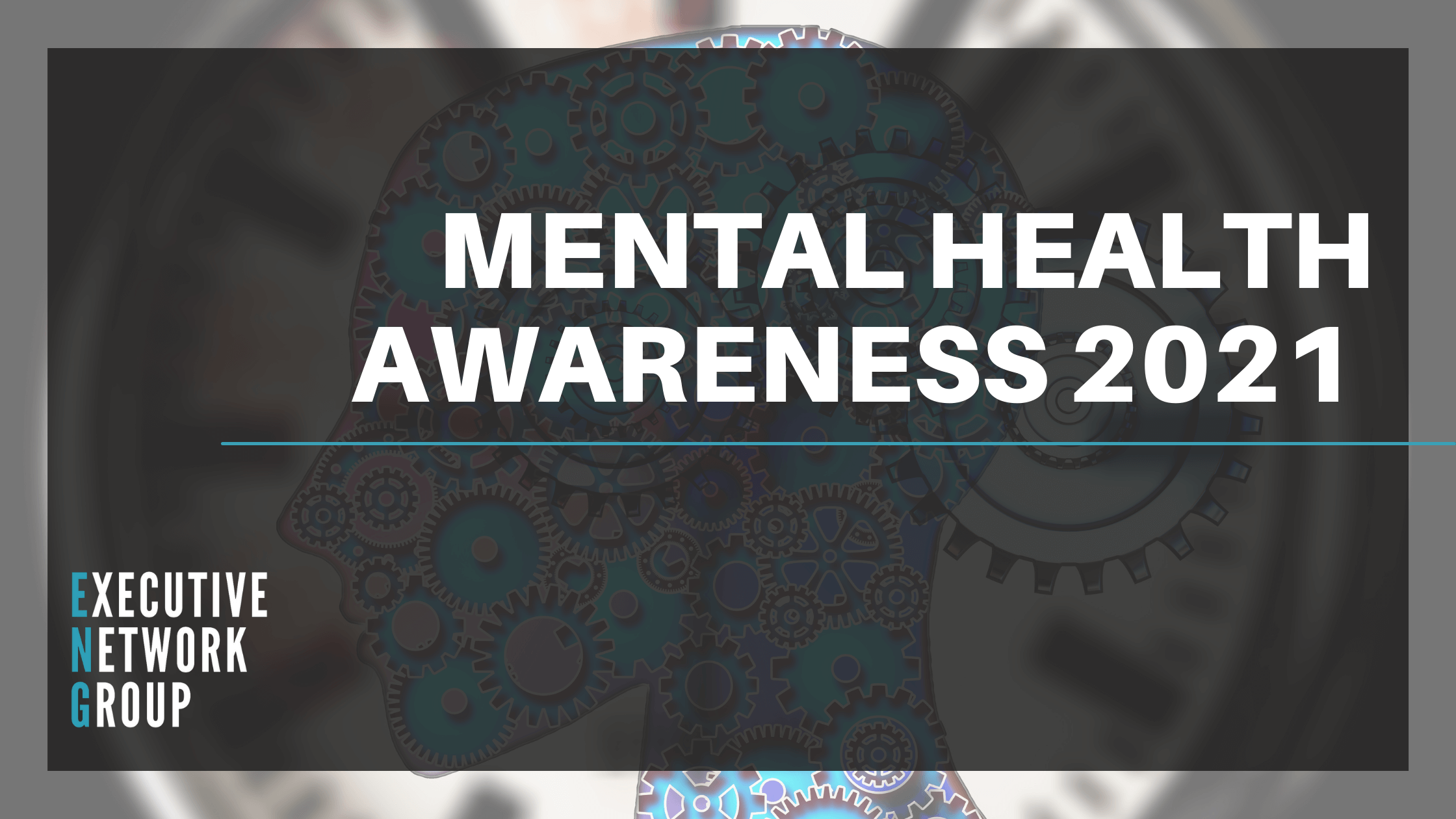The Mental Health Implications of Covid-19
.png)
After two years of uncertainty caused by the Covid-19 pandemic, feelings have been mixed as the guidelines and goalposts have changed more than a few times. We've faced several lockdowns, excitement towards getting back to 'normal' then all of a sudden a new variant arrives, and we're back to square one.
The constantly changing rules and regulations are enough to cause anybody higher stress levels than normal, but the implications of the pandemic on mental health has had a lasting impression.
According to Mind, 1 in 4 people in the UK deals with mental health issues of some kind. 1 in 6 reports experiencing a common mental health problem such as anxiety and depression every week.
People experiencing mental health issues have undoubtedly increased as a result of Covid-19, from health anxiety to loneliness, and even hopelessness. At the beginning of the national lockdown, a quarter of adults in the UK reported feeling lonely. Almost two-thirds felt stressful around becoming ill and being separated from friends and family.
In February 2021, anxiety and worry due to the stress of the pandemic was down 20% (from 62% in March 2020).
Coping mechanisms are different for everyone. Many people find comfort in spending time with loved ones, but with that no longer being an option throughout the majority of 2020, 1 in 5 people drank more alcohol to cope with their stress. By the end of April, 60% used outside walks to help them cope, and 44% used hobbies as a stress reliever.
Billions of people worldwide, if not every person on the planet, has been affected by Covid-19 in some way. It would be prudent to assume that everyone’s mental health declined – the pandemic has resulted in huge life changes for many and for some, those changes are profoundly positive. As the initial panic of job security eased, people began searching for new jobs and setting new boundaries in terms of work that they may not have considered before. The introduction of mass hybrid-working, it allows a stronger work-life balance and many organisations have listened to their employees to ensure a smooth transition as we edge towards the latter part of the year.
The pandemic had such a huge impact and it continuously changed – there was a point where no end was in sight and many resigned to the idea that life as it was, would continue for the rest of their lives. Policies and guidelines kept changing, rules were put in place that just a couple of years ago would have seemed like a dystopian future, and the light and the end of the tunnel was dim.
As rules were enforced, one of the things that remained constant was our ability to connect with nature. People were allowed to go for one walk outside per day and this rule gradually lifted – people could meet loved ones for a socially distanced walk and get in some exercise.
During Mental Health Awareness Week, the Mental Health Foundation explores how nature can improve feelings of negativity and uplift people whilst providing consolation and inspiring creativity to allow people to really connect with a part of themselves they may not have considered as much beforehand.
Nature is everywhere around us – by looking out of most windows we can see a bit of greenery, but by stepping outside and visiting a local park or some open countryside and breathing in the fresh air, it allows us to really connect with the world around us – ecotherapy has been found to help with mild to moderate depression.
By getting out into nature and embracing what the earth has to offer (for free!), it gives us the ability to nurture ourselves and make our mental health a priority. For many, Covid-19 made it easier to spend time in nature due to increased home-working and the furlough scheme that benefitted businesses throughout the UK. As we get back to ‘normal’ and returning to the office, people may be more likely to take a short walk during their lunch break or to spend some time in nature after work to ensure there is a change from sitting within the same four walls.
Spending time in natural environments has been proven to improve mental health and by making small changes to allow yourself a moment to embrace nature and the world around us, it ensures we put our mental health at the top of our priorities.
Further Reading
https://advances.sciencemag.org/content/advances/5/7/eaax0903.full.pdf
https://www.mentalhealth.org.uk/sites/default/files/Thriving-With-Nature-compressed.pdf
https://www.mentalhealth.org.uk/campaigns/mental-health-awareness-week
https://www.mentalhealth.org.uk/our-work/research/coronavirus-mental-health-pandemic

